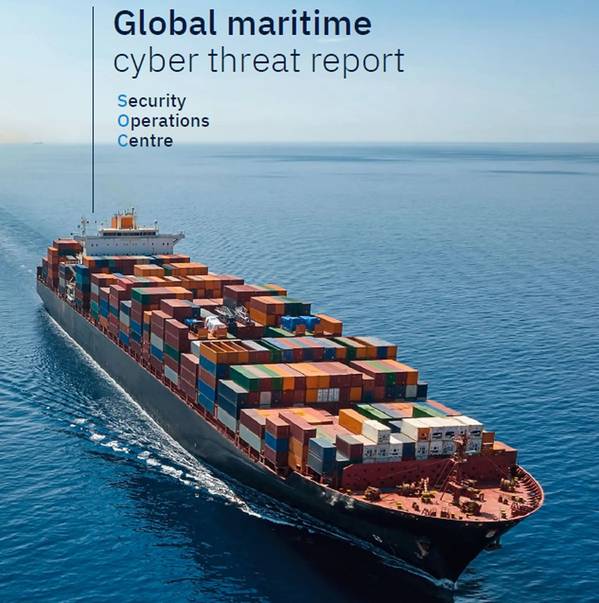
Marlink released the latest global maritime cyber threat report produced by its Security Operations Center (SOC).
Based on data gathered from 1,800 actively monitoried vessels during the first half of 2024, the report shows changing tactics of cyber criminals, as well as the fact that malicious activity in the first six months increased significantly compared to the previous year. SOC analysts observed a continued rise in common threats such as Command and Control attacks, along with the evolution of botnet attacks, which are growing in both complexity and volume.
Phishing remains the top method attackers use to access corporate networks. The SOC report has also detected an increase in blacklisted malicious traffic. This highlights the importance of maintaining up-to-date threat intelligence feeds and applying strict security policies to prevent unauthorised connections to high-risk sites.
The volume of botnet activity increased substantially with new botnets emerging, leveraging more advanced techniques including AI-enhanced botnets targeting IoT devices which demonstrate more sophisticated automation capabilities.
The SOC registered 23,400 malware detections and 178 ransomware detections in the first half of 2024. Firewall events, which occur when a process or application attempts to make a connection that violates a client’s Network Security Policy, rose above 50 billion while security events reached 14.8bn. The number of alerts increased to 1.4m and the number of major incidents managed by the SOC reached 79.
The sharp increase in malware detections highlights the growing threat landscape, but it also showcases the effectiveness of Endpoint Detection and Response (EDR) tools in identifying and containing widespread malware. This data reinforces the importance of proactive security monitoring and advanced threat detection capabilities to stay ahead of evolving threats.
“During the first half of the year, the threat landscape in the maritime environment monitored through the SOC has continued to evolve and surprise us compared to what we saw in 2023,” said Nicolas Furgé, President Marlink Digital, Marlink. “Malicious actors are evolving their attack patterns and launching fraudulent campaigns that bypass previously effective security controls, such as two-factor authentication, forcing us to react and raise the security level to ensure operations are safeguarded.”
Learn more on the Cyber Security threat to maritime, including new rules from the U.S. Coast Guard, at a November 13, 2024 event in New Orleans:




